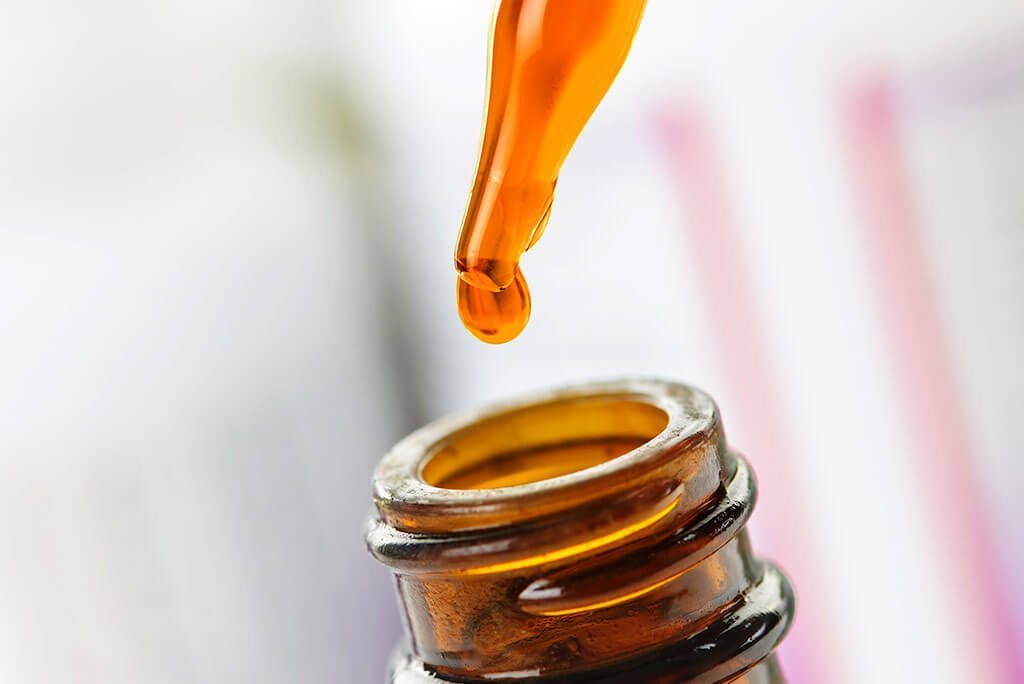[vc_row][vc_column][vc_column_text]
A new poll has found that an overwhelming majority of voters in Utah support legalizing marijuana for medical purposes.
A proposed initiative that would legalize medical marijuana in Utah appears to have a strong chance of passing if it appears on the 2018 statewide ballot. According to a new poll from Dan Jones & Associates, 77 percent of voters in Utah support The Utah Medical Cannabis Act, a measure that would allow the use of medical cannabis for over 10 qualifying conditions.
A group called the Utah Patients Coalition filed the proposed medical marijuana initiative in June. The measure calls for the legalization of medical marijuana in the form of oils, edibles, and topicals for conditions like Alzheimer’s disease, cancer, multiple sclerosis, post-traumatic stress disorder, chronic pain, epilepsy, and autism. Qualified patients living further than 100 miles away from a cannabis dispensary would eventually be allowed to cultivate their own cannabis. Smokable cannabis products would remain prohibited.
The coalition hosted a series of 10 public forums throughout the state and is currently working to collect the 113,143 signatures from registered voters it needs by April 15 to place the initiative on the 2018 ballot.
The poll found that 45 percent of respondents strongly support the initiative, while another 33 percent somewhat support it. About 65 percent of Republicans back the measure, compared to about 97 percent of Democrats who support it.
The results of the poll suggest that attitudes toward medical marijuana are shifting significantly in Utah. Support was nearly 25 percentage points higher than a poll from January, which found that 54 percent supported medicinal cannabis.
Just weeks before this latest poll was published, well respected Utah philanthropist and four-time cancer survivor Jon Huntsman Sr. publicly voiced his interest in trying medical marijuana. Huntsman has polymyalgia rheumatica, which causes severe pain that has proven refractory to opioids.
“If medical marijuana was known by another name, it would have been utilized as a pain medication many years ago,” Huntsman said. “From national research and understanding, the side effects of medical marijuana are considerably less than virtually all opioids and therefore less destructive to the body.”
Utah lawmakers had an opportunity to legalize medical marijuana this past session, but decided not to because of what the Salt Lake Tribune reports as an uncertainty over whether the Trump administration will enforce marijuana laws. They opted to pass measures to fund research into the potential benefits of medical marijuana instead.
Right now Utah has in place a mostly symbolic, highly restrictive whole-plant cannabidiol (CBD) oil law. Only patients with severe epilepsy are able to acquire registration cards and import the oil from other states. Just 166 cards have been issued between when law was implemented in July 2014 and October 2016.
Twenty-nine states and Washington D.C. have legalized medical marijuana, and efforts are underway to present medical cannabis ballot initiatives to voters in 2018 in Oklahoma, Missouri and Utah.
Learn more about medical cannabis laws in the U.S. and the research into the potential benefits of cannabis through our education page.[/vc_column_text][/vc_column][/vc_row]






